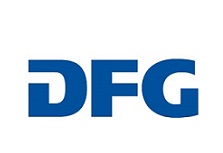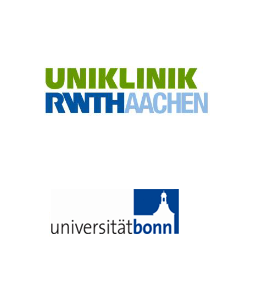Baseline researchers, hepatologists, nephrologists and immunologists from Aachen and Bonn are looking for alternative treatment methods in a network of 18 subprojects in the transregional collaborative research centre (SFB) 57 in order to avoid organ transplants after organ fibrosis. Organ fibrosis are cicatrisations that occur as a result of liver or kidney diseases, such as diabetes, hepatitis or autoimmune diseases, and frequently lead to irreparable organ damages. The research project "Organ Fibrosis: From the Mechanisms of Injury to Modulation of Disease" has been funded by the Deutsche Forschungsgemeinschaft (DFG) since 1st January 2009 as a transregional collaborative research centre (SFB). "Diseases such as diabetes, hepatitis, or autoimmune diseases destroy healthy cell tissue. This causes cicatrisations, so-called organ fibrosis, in the body as in an open wound. This altered cell tissue cannot longer fulfil its organ-specific functions and causes organ failure”, says Univ.-Prof. Dr. med. Christian Trautwein, SFB spokesman and director of the Medical Clinic III at the University Hospital RWTH Aachen. During the first two funding periods, the SFB/TRR 57 “Organ Fibrosis: From Mechanisms of Injury to Modulation of Disease” discovered new pro-fibrotic and anti-fibrotic signaling pathways common or unique to these two organ systems, which was only possible due to the strong scientific interactions between Aachen and Bonn as well as between liver and kidney-related projects. The mission of the SFB/TRR 57 in the third funding period is to further advance our knowledge about pathogenic mechanisms and to promote their translation. Several basic mechanisms discovered by this consortium are meanwhile being exploited in clinical studies. Thus, the SFB/TRR 57 aims to intensify translational research on organ fibrosis to ultimately establish novel diagnostic and therapeutic strategies in the clinic.
About the Deutsche Forschungsgemeinschaft
The Deutsche Forschungsgemeinschaft is the self-administrated organization of science in Germany. It supports science and research in all its fields. The DFG is organized as a registered association with members from research-intensive universities, non-university research institutes, scientific associations and academies of the sciences. The DFG receives its funds mainly from the Federal Government and the countries, which are represented in all granting committees. Vocal relationships and procedural rules ensure scientific-based decisions. Further information about the DFG can be found here.






